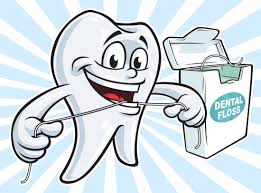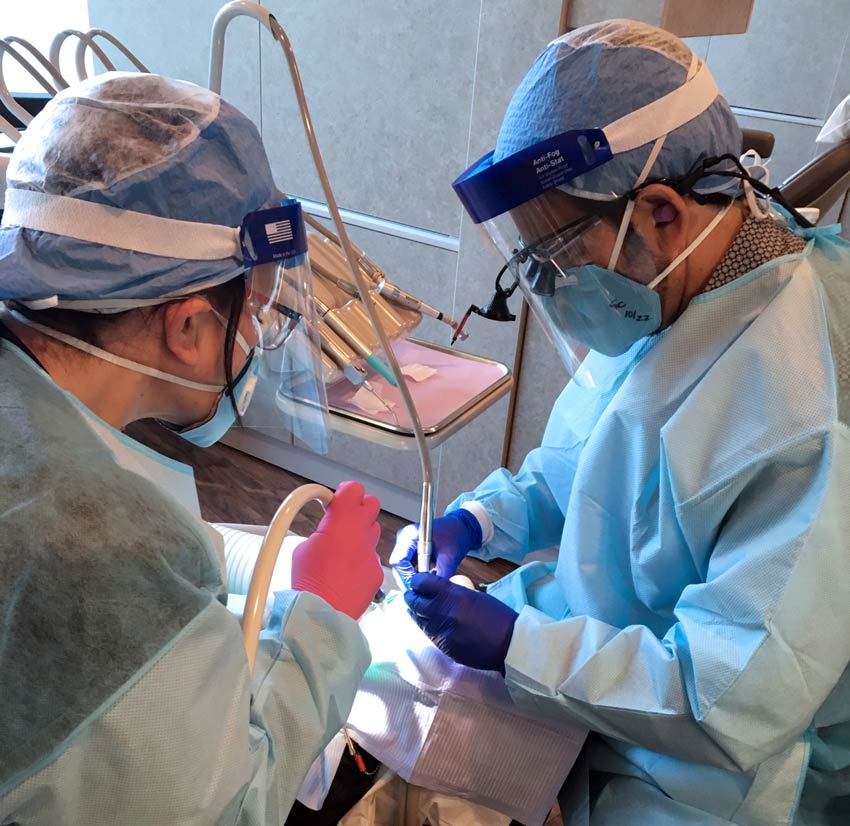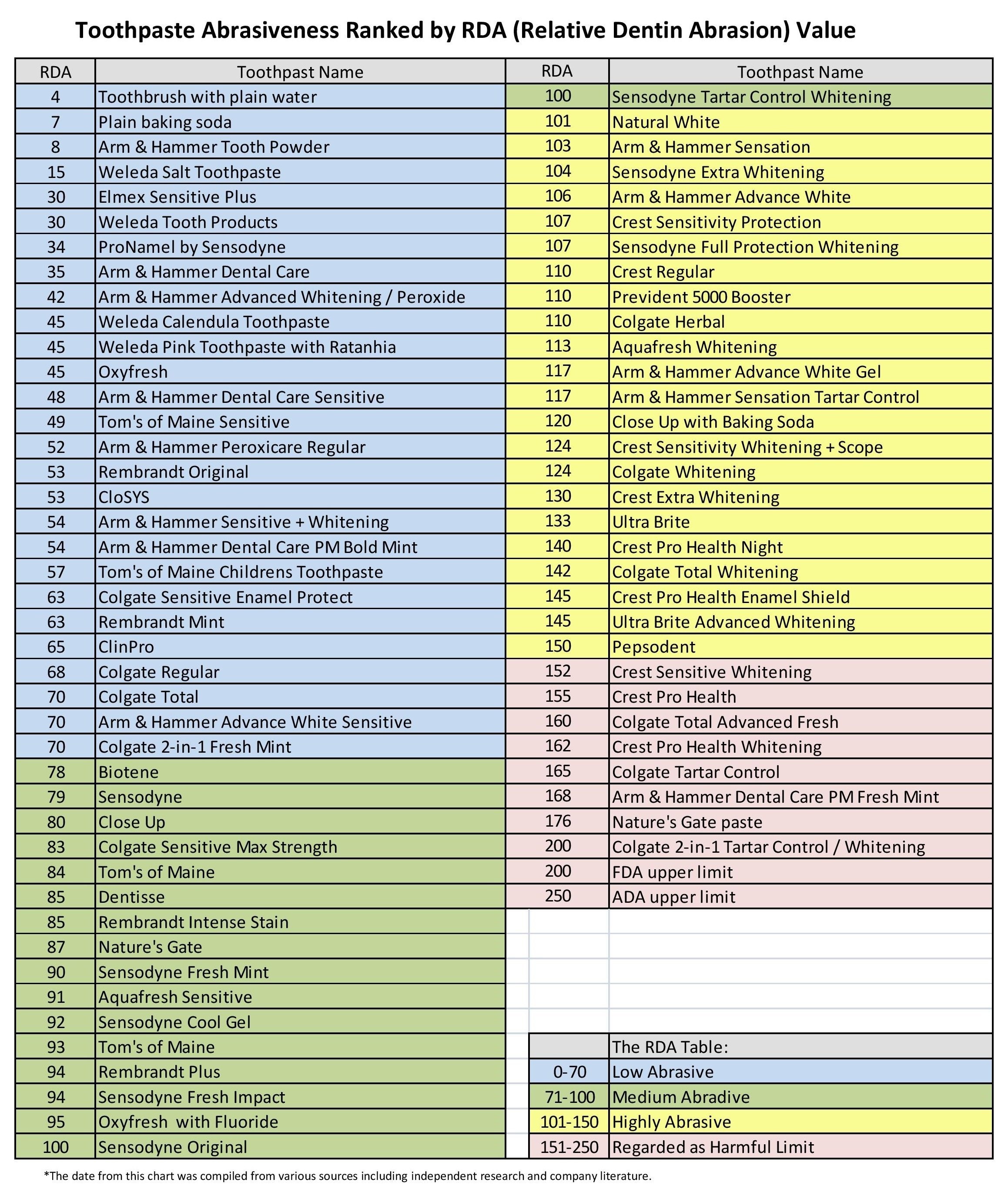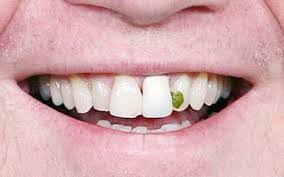In my last blog post I explained the importance of flossing and outlined a step-by-step approach to doing it correctly. Imagine my surprise last month when a national story broke claiming there is no evidence showing the flossing is effective in preventing tooth and gum decay, and plaque removal.
The news, not surprisingly, created a big stir on TV and radio talk shows and around the water cooler at work. People not fond of flossing – and there are many – saw the news as maybe a way out. As in: “Hey, I don’t have to do this anymore.”
Well, as often happens with such reports, there’s more to the story. And from where I sit, and I’m sure most dentists agree, nothing has changed. Flossing remains one of the best ways to keep your teeth and gums disease free.
So what happened that made such a fuss? Well, the Associated Press noticed that in the federal government’s annual dietary guidelines the flossing recommendation had been removed for the first time. So reporters delved into the issue and found that the dietary guidelines are based on research findings and that no proper research had been carried out to prove the effectiveness of flossing. Reporters did find plenty of reports on the effectiveness of brushing that also mentioned flossing, but there was nothing concrete about flossing.
The end result was a consensus that more research needs to be done on flossing, but it was also agreed that it wouldn’t be simple. One test group would have to agree not to floss for as long as a year or two. Who would volunteer for that? And how do you monitor the flossing group to know they are doing it every day?
In my years of practice, I have done my own informal research. And I can tell you that people who floss regularly most often have fewer issues than those who do not. If you just view it practically, you should be able to come to your own concussion. Those of you who floss regularly know that when you don’t for a few days or longer and discover rotten food particles wedged between your teeth, well, the foul odor alone is enough to get you back on track. You also know that those food particles, if left too long, can aid in tooth and gum decay.
So when it comes to health issues regarding your teeth, don’t always believe what you read until you first talk with your dentist. In this case, my recommendation is to keep flossing.






